
Earlier today we unveiled a trio of new PS Vita titles coming out of our JAPAN Studio over in Tokyo: Oreshika: Tainted Bloodlines, Soul Sacrifice Delta and Freedom Wars. For those unfamiliar with the studio and its heritage, it’s one of Sony Worldwide Studios most interesting assets, responsible for a diverse library of hugely charismatic titles, including Puppeteer, rain, Tokyo Jungle, Gravity Rush and Shadow of the Colossus.
To find out a little more about its vision and creative mandate, as well as its three forthcoming PS Vita titles, we spoke with studio chief Allan Becker.
PlayStation.Blog: How has JAPAN Studio changed in the last two or three years?
Allan Becker: We have become better focused and better prepared to compete in a fast and ever changing industry. The Studio is more open to new technologies and ideas and willing to grasp those opportunities when they come along. But at the heart JAPAN Studio still retains its core ideal to make creative, novel and imaginative titles.
PSB: What sort of games do you want JAPAN Studio to be known for?
AB: I would like for us to be known for titles that innovate and are of high quality, whether they are five-hour PSN titles or big AAA pillar titles. Obviously we are in a very competitive business so we have to make titles that do well commercially. Hopefully we will do that by staying true to those two core concepts and become known for them.
PSB: Prior to joining JAPAN Studio you were in charge at Sony Santa Monica. Have they been very different experiences? Is there any kind of shared ethos that you could pinpoint?
Allan Becker: Very different. To put it simply, cultural differences affect the way individuals perceive their world. Without the ability to tune into the culture, you simply cannot get very far. I’m still learning. The commonality between the studios is that we all want to find success, albeit in different ways.
PSB: Soul Sacrifice Delta – is this an expansion, or a full blown sequel?
AB: It’s a very large scale expansion, but not a full blown sequel. There’s a lot for a Soul Sacrifice fan to sink their teeth into – no pun intended.
PSB: What exactly can those fans expect from it, and when will we see it on shelves?
AB: Soul Sacrifice Delta brings many additions and enhancements to the original title – there are new monsters based on classic fairy tales with a dark twist, more sorcerers, maps, quest and spells.
But there isn’t just more of everything; we’ve made many improvements to the game mechanics with dynamic maps, adaptive and more complex AI for the monsters. The spell casting system has been overhauled too: you can now combine spells during battle to enhance them or create new ones, which adds a lot of variety and depth to the gameplay.
Soul Sacrifice Delta also introduces Grim, the third faction, and tells the story of their plot against the established order and the very nature of the world. Players can now choose to pledge allegiance to one of the factions, which have their own strengths, rewards and play styles, all of which reflect the faction’s belief.
Save data from Soul sacrifice including story progression, costumes, offerings, sigils, black rites, life/soul essence and lacrima (up to 10,000) will carry over to Soul Sacrifice Delta! So, if you transfer your save data from Soul Sacrifice, the story progression will carry over and you can continue on with your adventure in Soul Sacrifice Delta.
We’re planning to release Soul Sacrifice only on the PlayStation Store, on May 13th.
PSB: Freedom Wars – can you tell us a little more about this one? The concept sounds intriguing…
AB: The title brings chaos and order existing in a place where freedom is bought and worked for. It’s a role-playing game that chucks you into the middle of a dystopian underground world, where players start off with a million-year sentence. The battles are fought as punishment and freedom is what you earn at the end of your fully redeemed sentence of a million years! The game is an action battle game and will include offline and online multiplayer play.
PSB: And Oreshika: Tainted Bloodlines. This is a series that Western gamers might not be too familiar with. Can you bring them up to speed?
AB: We released the original Oreshika on PS one in 1999 and a remake for PSP in 2011 but despite their popularity over here neither made it outside of Japan. At the time we thought that the game was too ‘Japanese’ to appeal to a western audience. But if you play it you’ll see it’s a unique and fun JRPG that will appeal to a lot of gamers so this time round it just feels right to bring the experience to new fans outside of Japan.
PSB: And for those who have played the original Ore no Shikabane wo Koete Yuke, how does the sequel build on the concept?
AB: Firstly, although the games are linked, players who have never played the original game will be able to enjoy Oreshika: Tainted Bloodlines as it starts a completely new story. But if you have played the original, you’ll find that all of the game’s systems have been greatly expanded. Plus, you should look out for some really cool things that we’ve been able to do using the Vita hardware that just weren’t possible with PS one or PSP.
PSB: All three titles have a really strong ‘Japanese’ identity to them. How accessible do you think Western gamers will find them?
AB: Part of our role is to support the Japanese and Asian markets. Obviously these markets are very handheld centric and that is why we are producing these titles firstly and foremost. So that is why they have a very strong “Japanese” identity, although I will say that these titles will be accessible. Will they appeal to a wide Western audience? That is hard to say, but they will definitely appeal to the eclectic hardcore gamer and ‘Japanophiles’ out there.
PSB: All three titles we’re announcing today are for PS Vita. Is this a coincidence or is JAPAN Studio putting a special emphasis on handheld development at present?
AB: As I mentioned, we are tasked with supporting our region and the PS Vita market in Japan/Asia is still growing. So we hope that these three titles will support continued growth of the PS Vita. Currently, the studio has many titles in development across several hardware platforms, so there is no specific emphasis on handheld development.
PSB: You’ve just released another PS Vita title, Destiny of Spirits. It’s a nice coup to have such a talented developer as Q Entertainment working on a title for JAPAN Studio. How did the collaboration come about?
AB: The game released just this past month and is our first free-to-play title. So we are both anxious and excited to see how it is viewed by gamers. If you haven’t downloaded it I suggest that you do and give it a try.
I’ve known Q-Entertainment since their inception and I always wanted to work with Mizuguchi-san on something new and Destiny of Spirits was the result. Simple as that.
PSB: More generally speaking, how do you choose which studios to collaborate with?
AB: The key has less to do with the studios but which creative individual we wish to collaborate with. They are the one that we will work with, sometimes on a daily basis. So it is important to choose someone who has the same mindset as we do.



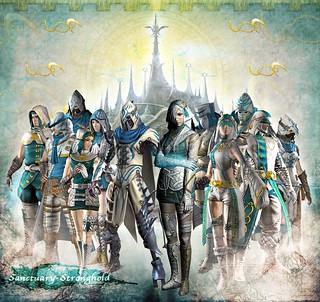
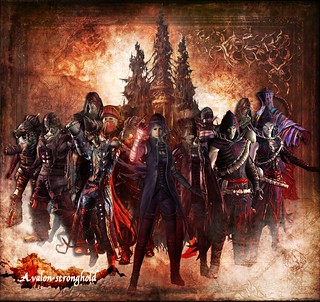
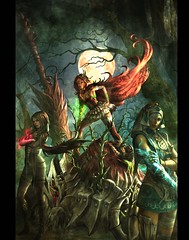
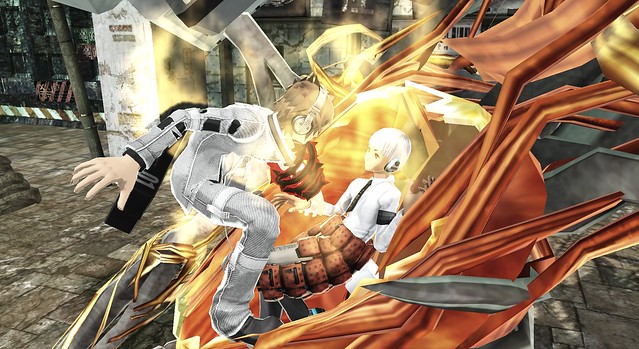
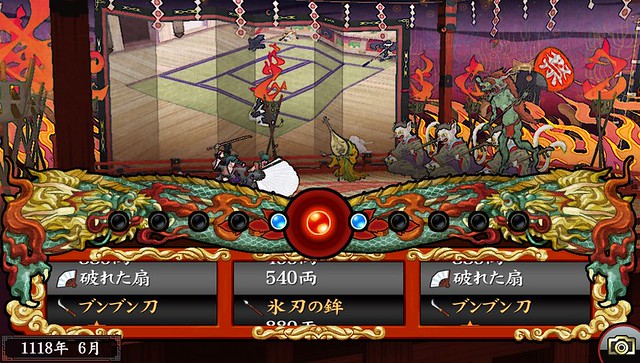
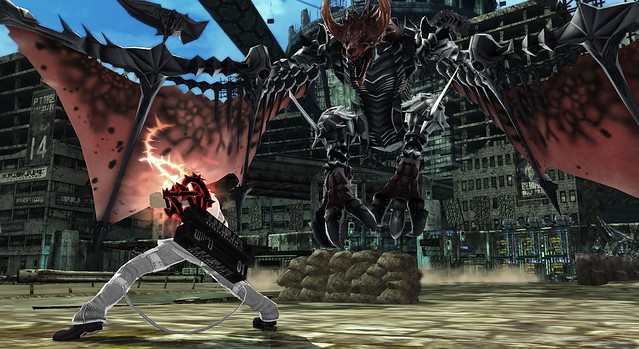




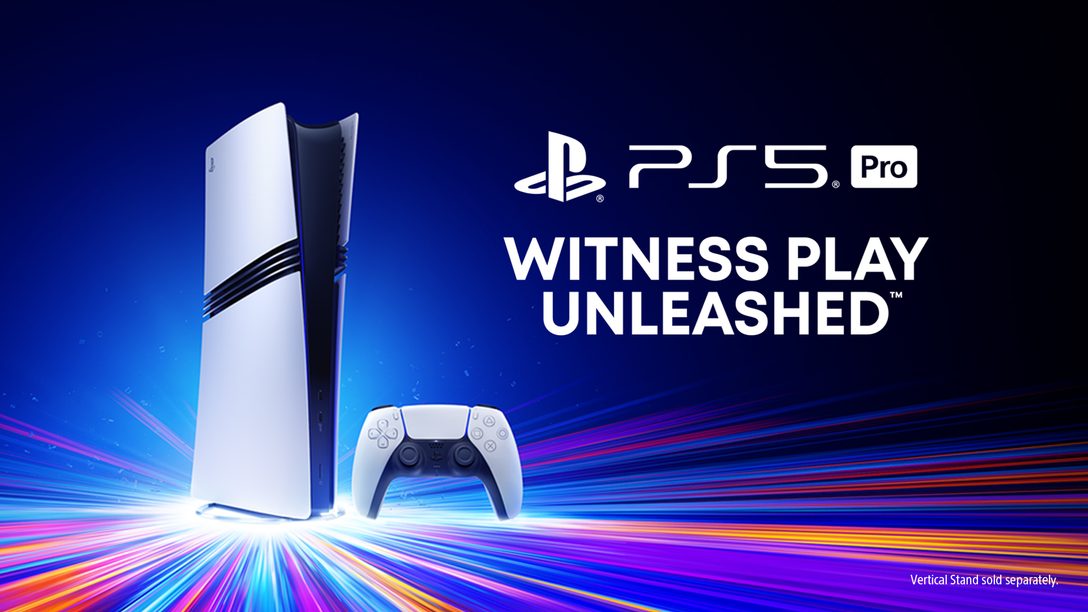
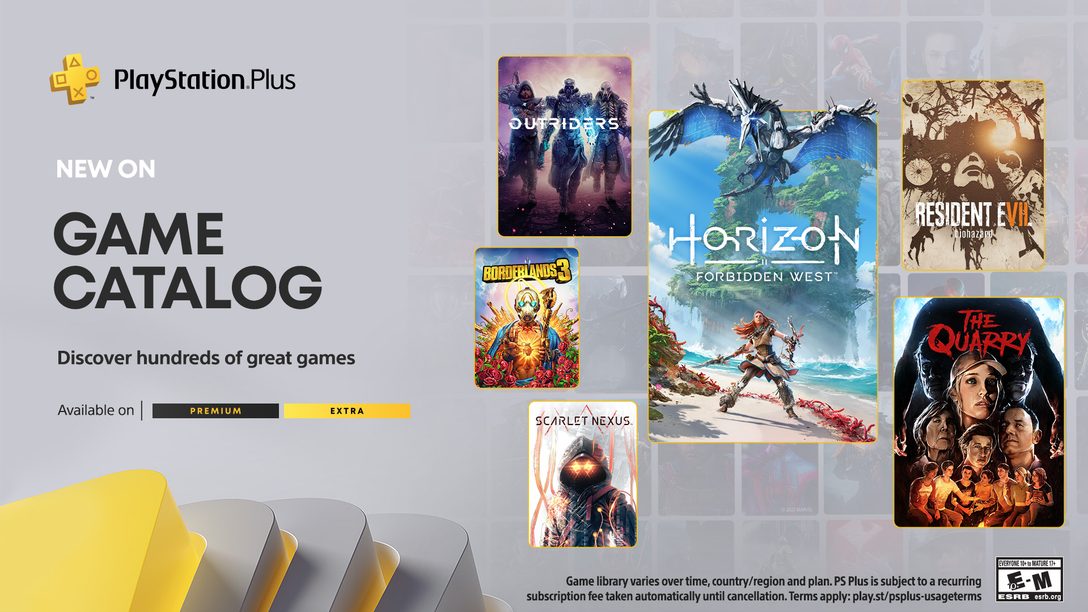


Comments are closed.
64 Comments
Loading More Comments